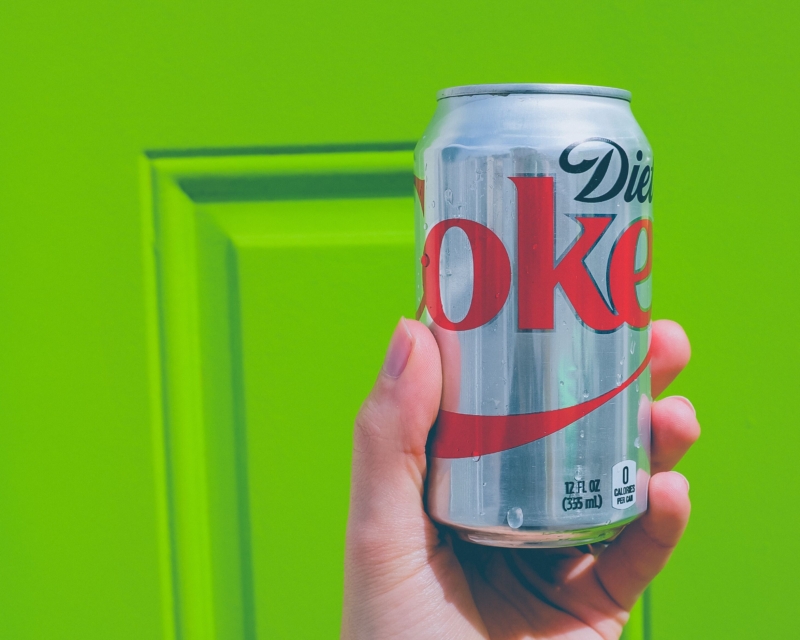Aspartame Set to be Labeled Possible Carcinogen by World Health Organization’s Cancer Research Agency
Aspartame, the widely used artificial sweetener, is expected to be labeled as a “possible carcinogen” by the International Agency for Research on Cancer (IARC), the cancer research agency of the World Health Organization (WHO), next month. According to sources familiar with the matter, the IARC will list aspartame as “possibly carcinogenic to humans” in its upcoming report.
Aspartame, which is approximately 200 times sweeter than table sugar, is a common ingredient found in various products, including diet sodas such as Coca-Cola, sugar-free cough drops like Ricola, and certain sugar-free chewing gum products like Extra. It is also sold as a tabletop sweetener under the brand names Equal, Nutrasweet, and Sugar Twin.
The IARC’s ruling aims to determine the potential hazard of aspartame. The finalization of the decision occurred earlier this month and is expected to be made public on July 14, the same day when the Joint WHO and Food and Agriculture Organization’s Expert Committee on Food Additives (JECFA) announces its findings on aspartame.
The U.S. Food and Drug Administration (FDA) first approved aspartame in 1974 as a tabletop sweetener and subsequently for various other uses, including as a general-purpose sweetener in 1996. However, the FDA maintains that aspartame is safe for the general population when produced under good manufacturing practices and used according to approved conditions. The FDA continually monitors scientific literature for any new information on aspartame and actively participates in international scientific and standard-setting activities related to food ingredient safety.
The FDA website states that, except for individuals with the rare genetic disorder phenylketonuria (PKU), who must avoid phenylalanine, a component of aspartame, the substance is considered safe for consumption. The FDA further notes that other regulatory agencies worldwide have evaluated aspartame and approved its use in many countries.
While the IARC’s forthcoming classification may raise concerns among consumers, it is important to note that regulatory agencies have conducted extensive studies on aspartame over the years. The JECFA’s review, set to be released concurrently with the IARC’s decision, will provide additional insights into the safety of aspartame.
It is worth mentioning that the WHO has previously classified other substances, such as processed meats and certain chemicals, as carcinogens or potentially carcinogenic based on their potential association with cancer. The IARC’s evaluation serves as an important tool for policymakers, scientists, and the public to make informed decisions regarding the potential risks associated with specific substances.
As the public awaits the official announcements from the IARC and JECFA, individuals are encouraged to stay informed about the latest developments and consult with healthcare professionals or regulatory authorities for any specific concerns or questions regarding the use of aspartame or other food additives






